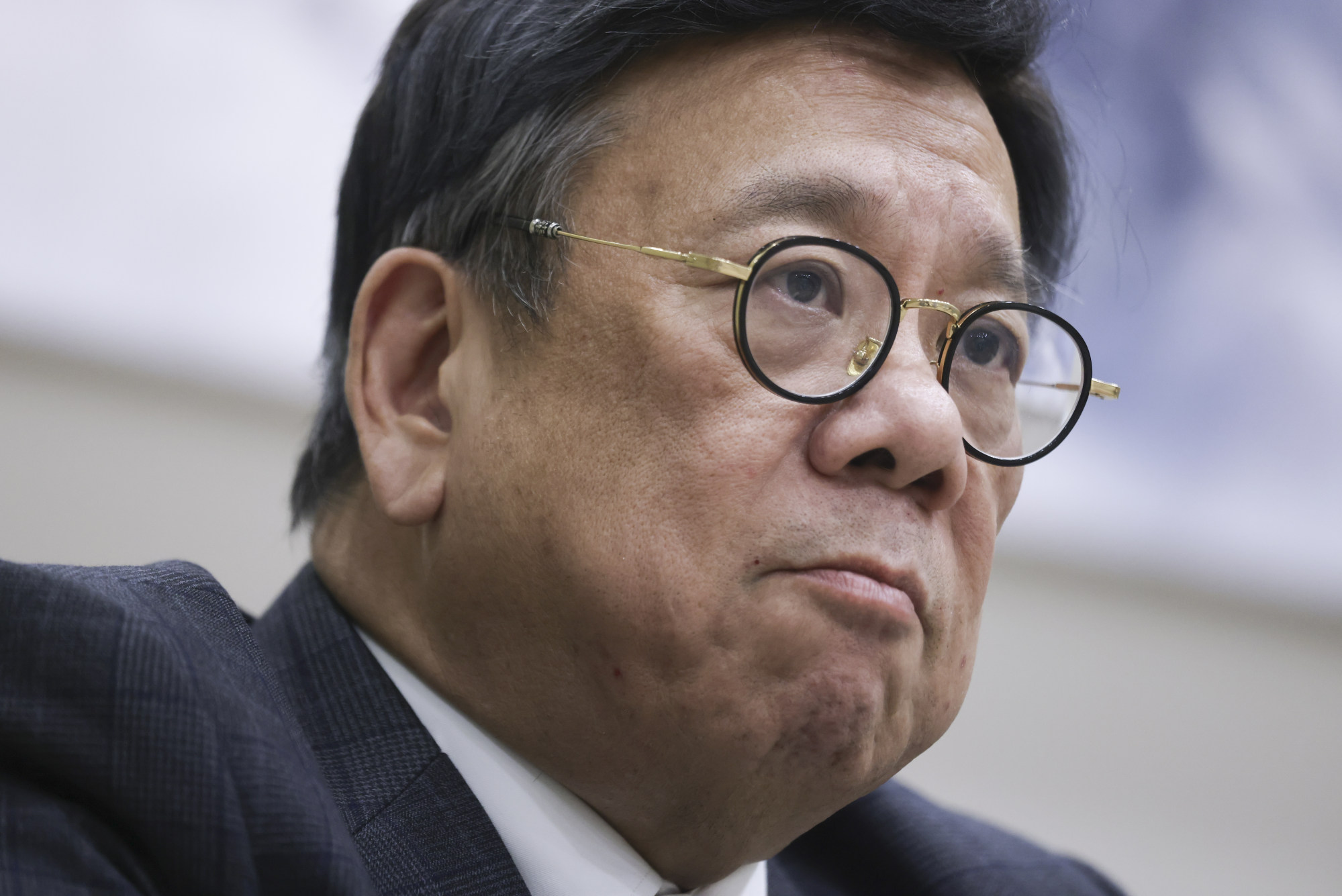
Beijing lobbying for Hong Kong to join world’s biggest free-trade pact this year: minister
- Hong Kong applied to join Regional Comprehensive Economic Partnership two years ago, with bloc representing nearly one-third of world’s population
- Commerce chief Algernon Yau also says city pressing ahead with proposals to open trade offices in Saudi Arabia and Malaysia to capitalise on belt and road plan
Secretary for Commerce and Economic Development Algernon Yau Ying-wah said on Friday that Regional Comprehensive Economic Partnership (RCEP) members were still discussing assessment procedures for candidates after a string of meetings.
“All the members could only start vetting new applicants after June last year. But after several meetings, they haven’t reached a consensus, resulting in a delay,” he told a meeting of the Legislative Council’s Finance Committee.
The free-trade agreement covers nearly a third of the world’s population and about 30 per cent of global gross domestic product.
Asean, or the Association of Southeast Asian Nations, comprises Brunei, Cambodia, Indonesia, Laos, Malaysia, Myanmar, the Philippines, Singapore, Thailand and Vietnam.
The city applied to join the free-trade pact in January 2022.
But Yau remained hopeful that Hong Kong could join the RCEP this year, saying Beijing had pushed its fellow members to speed up the approval process.
“The Asean countries have shown their support for Hong Kong to become a member, while we have actively lobbied for the support of other members such as the mainland, Australia, New Zealand, Japan and South Korea on many occasions,” he said.
“Our nation has also urged all other members to finish the approval process as soon as possible to allow Hong Kong to join the RCEP. We expect we can finish the relevant procedures this year.”

The trade agreement was created on January 1, 2022, and aims to eliminate up to 90 per cent of tariffs on imports between its signatories over a 20-year window.
Hong Kong’s request to join was filed when the trading bloc only comprised its 10 inaugural economies, with any applications to join needing the approval of all members.
Hong Kong was looking at setting up overseas economic and trade offices in Saudi Arabia’s Riyadh and Malaysia’s Kuala Lumpur as part of plans announced in this year’s budget, he said.
“InvestHK will also set up consultant offices respectively in Cairo, the capital of Egypt, and Izmir, the third largest city in Turkey, within 2024-25 to bring in capital and enterprises from high-potential emerging countries in the Middle East and North Africa,” Yau added.
“The Hong Kong Trade Development Council will also set up consultant offices in Dhaka, the capital city of Bangladesh, and Phnom Penh, the capital city of Cambodia, in the coming year to strengthen trade promotion in emerging countries.”
China-Middle East ties enjoy a ‘renaissance’ as trade spats strengthen ties
Yau also said his bureau would exceed its target of attracting 1,130 companies to set up shop or expand their operations in Hong Kong in three years, with 382 companies doing so last year.
He noted that 136 companies making up last year’s figure were from the mainland, while another 122 came from the United States, Singapore and Australia.
“In the first three months of this year alone, some 150 foreign firms have set up shop in Hong Kong,” he said. “At this pace, we will exceed the performance indicator as stipulated by the chief executive.”

